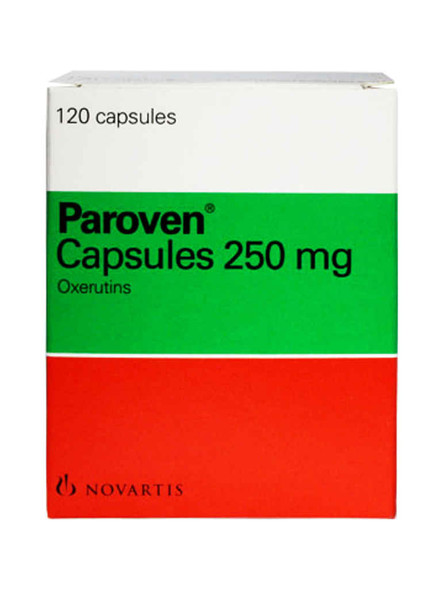Aching legs refers to discomfort or pain in the lower extremities, typically in the muscles, bones, or joints of the legs. This feeling can vary from a dull ache to sharp pain and may be accompanied by other symptoms such as swelling, or cramping. Best thing to do is to rest up, do some gentle stretches, maybe take some pain medication but if it's really bothering you, and if it persists, check in with a doctor.
More about aching legs
Why do my legs ache?
Leg pain or aching legs can occur for various reasons:
- overuse: engaging in strenuous physical activities or exercises without proper warm-up or rest can lead to muscle fatigue and leg pain
- dehydration: insufficient fluid intake can cause muscle cramps and discomfort in the legs
- poor circulation: conditions such as peripheral artery disease or venous insufficiency can result in inadequate blood flow to the legs, leading to aching or cramping sensations
- injury: trauma or injuries to the muscles, bones, or joints of the legs, such as sprains, strains, or fractures, can result in pain and discomfort
- medical conditions: certain medical conditions like arthritis, diabetes, restless leg syndrome, or nerve compression can contribute to leg pain and discomfort
- medications: some medications may have side effects that include muscle pain or cramping in the legs
If you experience persistent or severe leg pain, it's essential to consult with a healthcare professional for proper diagnosis and treatment. They can help identify the underlying cause and recommend appropriate interventions to alleviate discomfort and improve leg health.
Why do my legs ache at night?
Leg pain at night, often referred to as nocturnal leg cramps, can have various causes, including:
- dehydration: inadequate fluid intake throughout the day can result in electrolyte imbalances, leading to muscle cramps during sleep
- Restless Leg Syndrome (RLS): RLS is a neurological disorder characterised by an uncontrollable urge to move the legs, often accompanied by uncomfortable sensations. Symptoms typically worsen at night, interfering with sleep
- pregnancy: pregnant women commonly experience leg cramps at night due to hormonal changes, increased weight, and changes in circulation
- nutritional deficiencies: low levels of minerals like magnesium, potassium, or calcium can contribute to muscle cramps and leg discomfort, especially during sleep
If you frequently experience leg pain at night, it's essential to discuss your symptoms with a healthcare professional. They can help identify the underlying cause and recommend appropriate treatments to improve sleep quality.
How to heal aching legs?
To alleviate leg aches, consider the following strategies:
- stretching: perform gentle stretching exercises targeting the muscles in your legs to improve flexibility and relieve tension
- warm-up and cool down: before and after physical activities, engage in proper warm-up and cool-down routines to prepare your muscles and prevent strain
- wear supportive footwear: choose comfortable shoes with adequate support and cushioning to reduce strain on your legs and feet
- consider supplements: talk to your doctor about taking supplements like magnesium, potassium, or calcium if you have deficiencies that may contribute to leg discomfort
- seek medical advice: if your leg pain persists or worsens despite self-care measures, consult with a healthcare professional for proper evaluation and treatment recommendations
By incorporating these strategies into your daily routine, you can help alleviate leg aches and improve your overall leg health.
Review Date: March 2024











